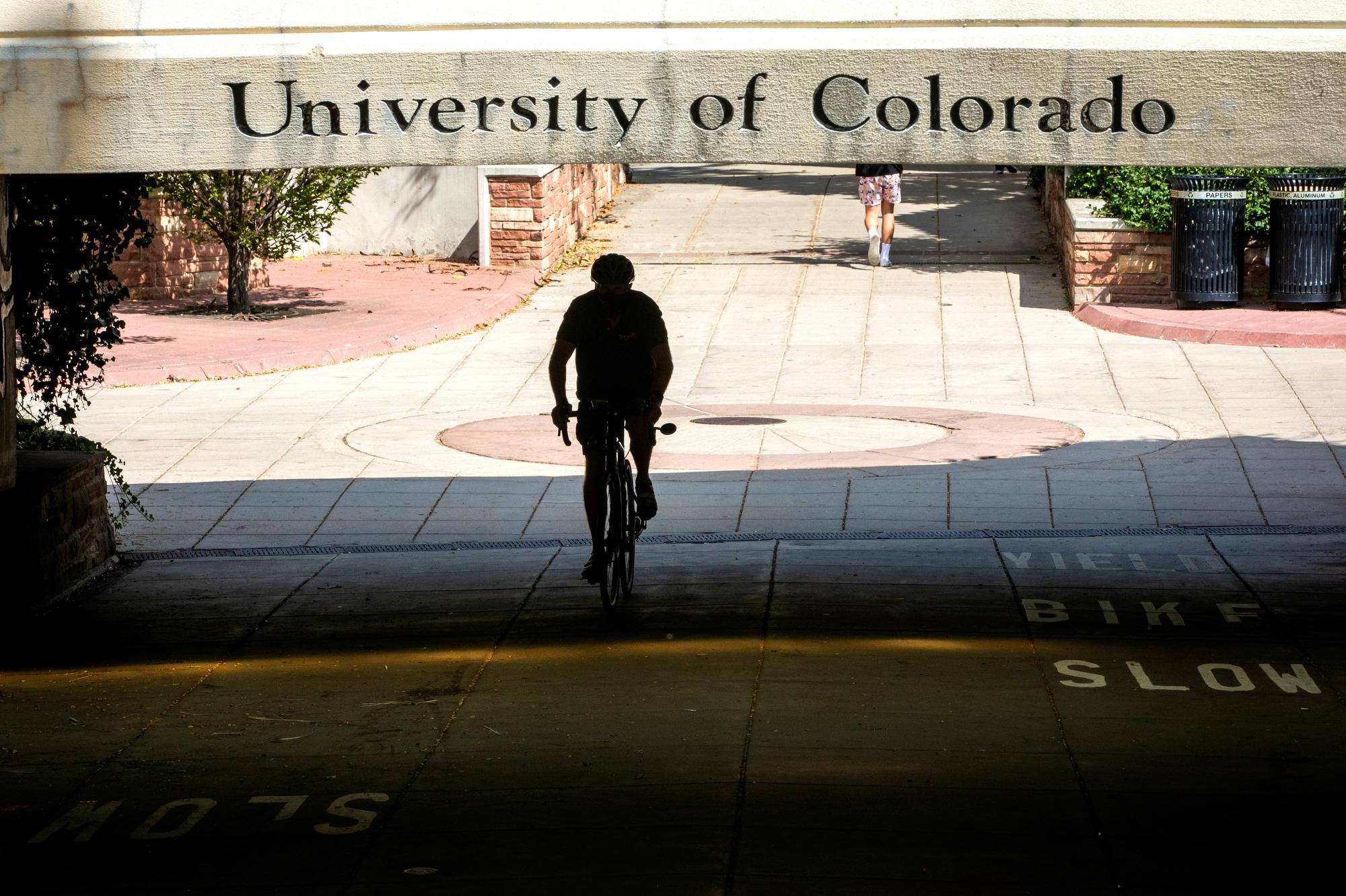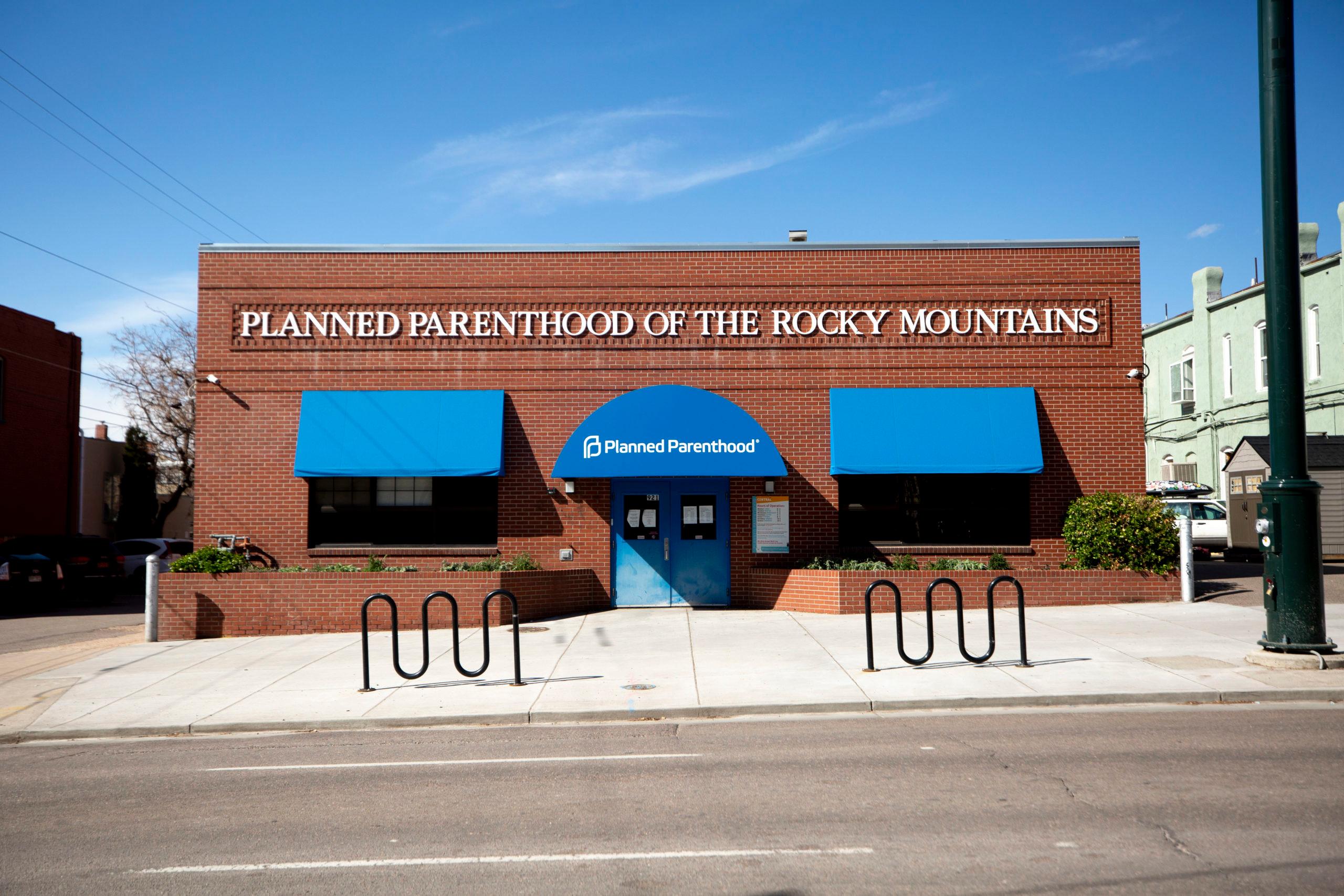
The University of Colorado Board of Regents got a first look Thursday at possible tuition and fee hikes for next year if Gov. Jared Polis’ proposed budget is adopted by the state legislature, as well as potential cuts to the system’s medical campus and nationally recognized cybersecurity program.
The presentation focused on several budget scenarios the university’s four campuses face depending on how much state funding state lawmakers allocate. Lawmakers on the state’s joint budget committee could propose a different amount than the governor’s proposal. State lawmakers must find $1 billion in cuts in order to balance the budget.
The budget year also presents challenges for colleges due to rising costs, inflation, enrollment fluctuations and uncertainty in federal funding.
Polis proposed a $12.1 million increase for colleges and universities, a slight increase over what institutions are now allocated and $60 million to $80 million less than what institutions asked for in legislative presentations.
“We're advocating for a scenario in which we're treated similarly to other state agencies and that means …. that there would be adequate revenue to cover compensation, health, dental increases, and inflationary expenses,” Chad Marturano, the university’s vice president and chief financial officer, told regents.
Polis has proposed a 2.3 percent increase for in-state tuition, but University of Colorado officials say hikes could go as high as 4.4 percent on some campuses. Todd Saliman, president of the University of Colorado, said state funding and tuition are directly related.
“When state funding is higher, tuition increases are lower,” he said.
Cuts to medical training and cybersecurity
Chancellors and officials were particularly concerned about a proposed $20 million cut to the CU Anschutz Medical Campus, which would primarily impact the School of Medicine. Marturano said a cut would have long-term implications for the health care workforce in Colorado.
“That would hurt the school's ability to educate future doctors,” he said.
He said a cut of that size would have ripple effects throughout Colorado’s health care system. The cut would also reduce the funding available to CU Anschutz through a special program that allows Anschutz to serve additional Medicaid patients.
The University of Colorado Colorado Springs campus faces a potential $1.25 million targeted cut to cybersecurity.
The budget cut would reduce funding for the National Cybersecurity Center that’s affiliated with the university, a cut in financial aid for cybersecurity students and reduced operating expenses for the program. UCCS chancellor Jennifer Sobanet said the program is critical to the state’s economic development, particularly Southern Colorado.
“There's over 16,000 vacant jobs that need to be filled across Colorado in cybersecurity alone,” she said. “The fact that we're the leader of that in higher education in the entire state and providing that workforce and economic development for Southern Colorado, it’s really tough to see that this could go away because of state budget cuts.”
Regent Ken Montera also worried that losing state support for the cybersecurity center could discourage donors who’ve invested in the project so far.
"What I'm fearful of is if we can't sustain that through state support once we launch them, we may lose those donors going into the future, knowing that I wasn't able to continue to make that investment grow for this community…it may turn donors away from us. "
Tuition and fee hikes
Under the different budget scenarios presented to regents, incoming undergraduate and graduate students would face a 2.3 to 4.5 percent tuition increase. Because of CU Boulder’s tuition guarantee, the increase would not apply to continuing undergraduate students. CU Anschutz medical students could see a 3 percent increase, while nursing students would see a 2.1 percent increase. CU Boulder tuition is currently $13,106, CU Denver is $11,700 and UCCS is $10,316.
A significant increase in the CU Boulder athletics fee to $90 a semester is proposed. The current rate of $28.50, set in 1994, is the lowest in the state and among Big 12 peers who charge fees, according to the university. Officials say funding from the student fee increase would provide support for women’s sports scholarships, as well as for non-revenue-generating sports. Graduate students would remain exempt from the student athletic fee, as they have since 2018.
The budget proposal includes a 4 percent increase in residence hall fees, a 4 percent increase in Bear Creek apartment fees and 3 percent increase in graduate and family housing fees.
CU Denver is considering increasing course fees, a move driven by inflation and increased costs. A new mental health and well-being fee related to the Auraria wellness center is proposed, which is expected to be offset by a corresponding reduction in the student services fee.
Compensation
The university is proposing a 2.5 compensation pool, which may include merit increases, retention and equal pay increases for university staff, faculty and graduate students, with CU Boulder and CU Anschutz considering an additional 1.5 percent compensation on top of that. Classified staff would get a 2.5 percent across-the-board pay increase for classified staff in line with the state of Colorado.
Enrollment
CU Boulder is in the best financial position because of higher-than-expected student enrollment and retention this academic year. The revenue for this budget year is 3 percent higher than budgeted.
Next year, the campus is projecting a 1.3 percent enrollment increase, roughly 486 students, largely through retention. CU Boulder is proposing increased institutional aid to help maintain access and affordability for Colorado residents.
UCCS is projecting nearly flat enrollment, though officials say they’re seeing an increase in credit hour load. Anschutz is projecting enrollment growth especially in nursing and pharmacy. CU Denver had a 1.8 percent decline in enrollment this year. The university is focusing on investing in programs aimed at improving retention.
The board is expected to vote on the budget proposals during its April meeting.









